What are the best countries for soccer trials?
That’s the question several aspiring soccer players are asking themselves as they prepare for one of the most challenging experiences of their careers. To try out for a professional club.
At Soccer Interaction we understand the importance of this decision. Players will have to evaluate different aspects and each will have their own preferences, but they should never overlook the idiosyncrasies of the country they are traveling to. Is that country known for giving young players a chance? Do the clubs give opportunities to graduates of their academy?
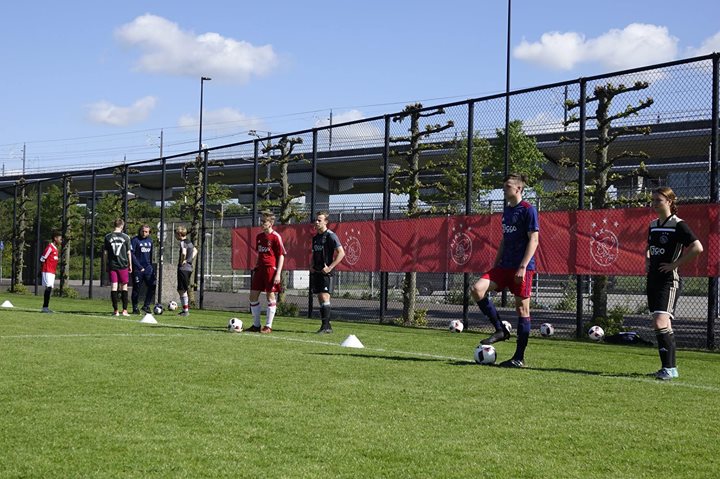
CIES – Soccer Observatory has published a study on the subject and the technical staff of the Interaction International Football Academy has analyzed the results.
It seems increasingly clear that, over the last 25 years, the trend to cut regulations, both at UEFA and national federation level, has contributed to an increase in non-club-trained players in the squads of top teams across Europe.
Looking over a period of 10 seasons, we can see that the percentage of club-trained players has decreased from 23.2% to 18.4%, on average. The study concludes that this highlights both the high mobility of young players and the lack of incentives for soccer clubs to keep their young talent.
The reality of soccer clubs today
We at Soccer Interaction have discussed these results. It is very important for an international soccer academy to understand the trends in youth soccer development and to design online soccer programs with the highest standards. We believe that the current strategy followed by elite clubs is not supported by results and we could even cite several examples of soccer clubs that have been very successful on the field in recent years with several club-trained players in their squad. Some examples are FC Porto and FC Barcelona, who during their golden era were able to play with several “canteranos” and win at continental and intercontinental level.
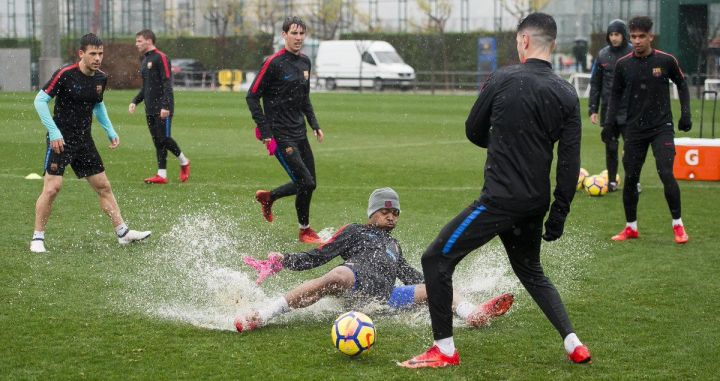
Soccer Interaction’s coaching staff has been delivering professional soccer programs to aspiring soccer players from a variety of backgrounds. It is quite clear which countries have put more effort into their youth programs and that translates into a higher percentage of club-trained players in the first team squads.
As an example we can look at Spain. Considered one of the best international and club soccer academies, it is not surprising that the percentage of club-trained players performing at the highest level is well above average.
That does not mean that all countries with a lower percentage of club-trained players in their squads necessarily have poor youth programs. In fact, Portugal is considered one of the countries with the best youth programs. Teams like FC Porto, SL Benfica and Sporting CP are known for developing some of the most talented players in the world. 5-time FIFA player of the year Cristiano Ronaldo is a clear example of this, and the 2016 European Cup winners seem to be cultivating more talented players for the next decade, including Bernardo Silva, who is excelling at Guardiola’s Citizens.
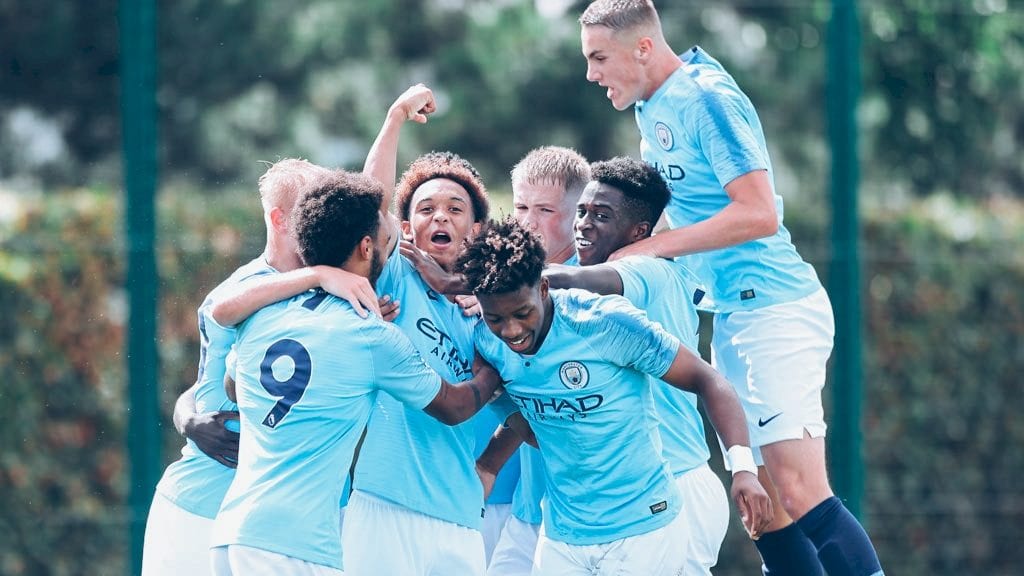
It is also interesting to see how a low percentage of club-trained players in the squad can affect the performance of the National Team. Italy has the second-to-last worst percentage of club-trained players on squads among the 31 countries in this study, and it may come as no surprise to see that for the first time in 60 years Italy has failed to qualify for a World Cup. It was a shock to most soccer fans to see Italy out of the 2018 World Cup, but the lack of opportunities offered to young players in Serie A is evident. Even the newly appointed national coach, Roberto Mancini, has expressed his concern about this and has promised to look for solutions that can ensure a bright future for Italy’s soccer performances.
As an international soccer academy that deals with aspiring footballers from different backgrounds on a daily basis, Soccer Interaction is committed to developing footballers ready for the demands of elite soccer and promoting opportunities in line with their profiles. We believe that the tide is turning, and that more and more players will have their opportunities to break through and play at the professional level.
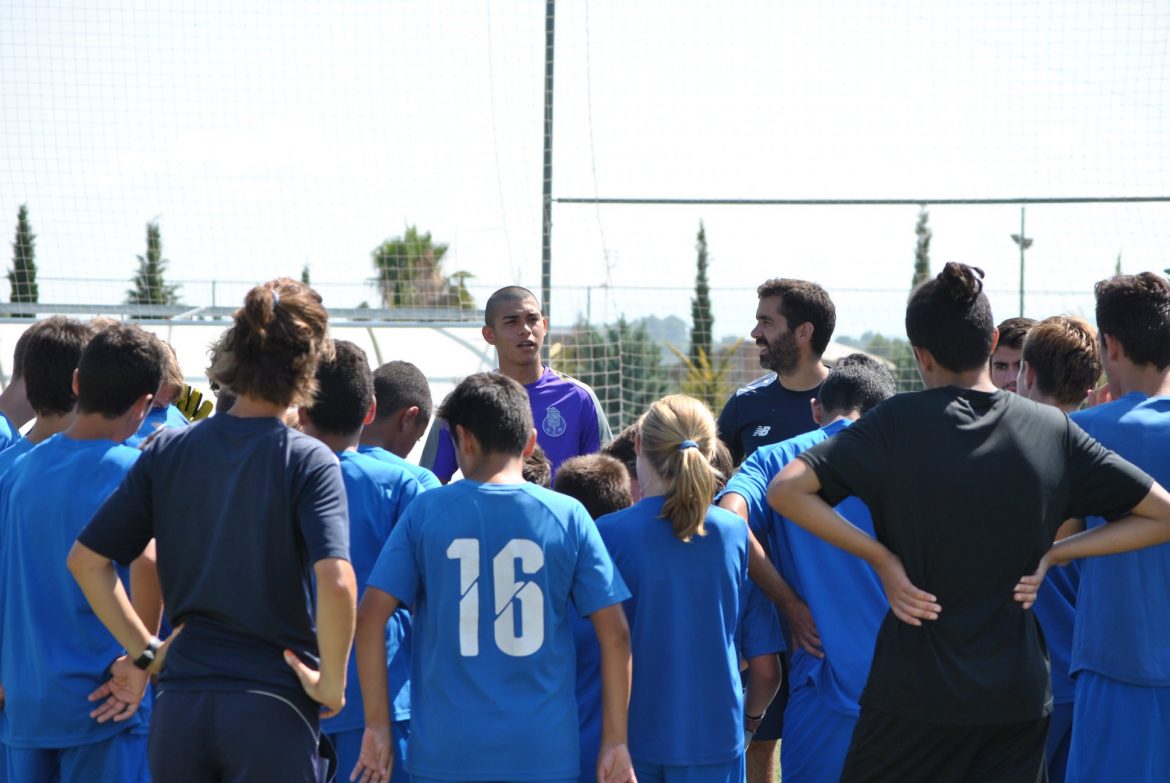
Properly mentoring young players at this important stage of their careers requires an in-depth knowledge of the soccer player and the soccer market, and Soccer Interaction International Soccer Academy has the necessary expertise. We are prepared to liaise with different stakeholders, from professional soccer clubs to agents, promoting opportunities for our academy graduates and ensuring that they will have the opportunity to reach their full potential and become successful in a professional soccer environment.
If you want to know more, read our article “6 Ways to get a soccer soccer trial or tryout in europe with SIA“



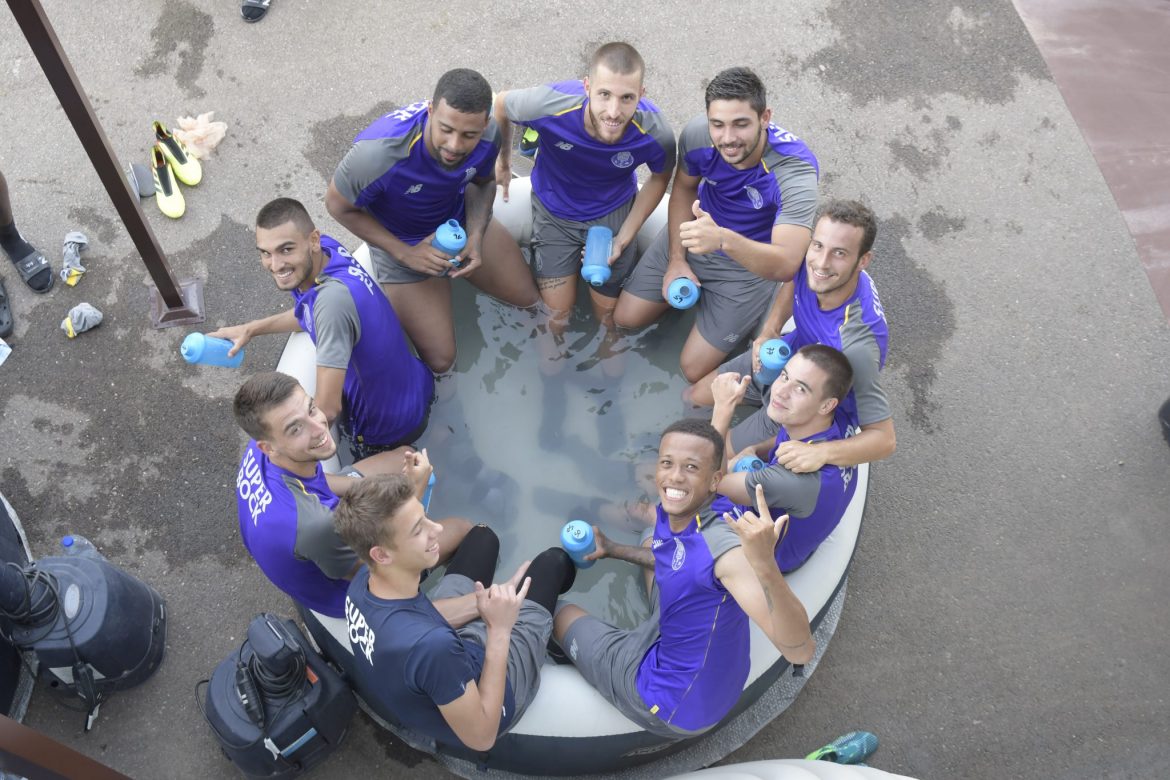

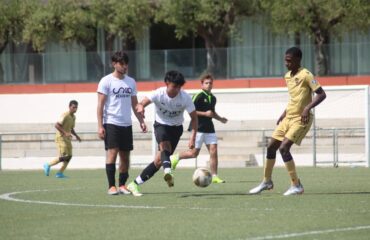






Greetings , are there online tryouts?